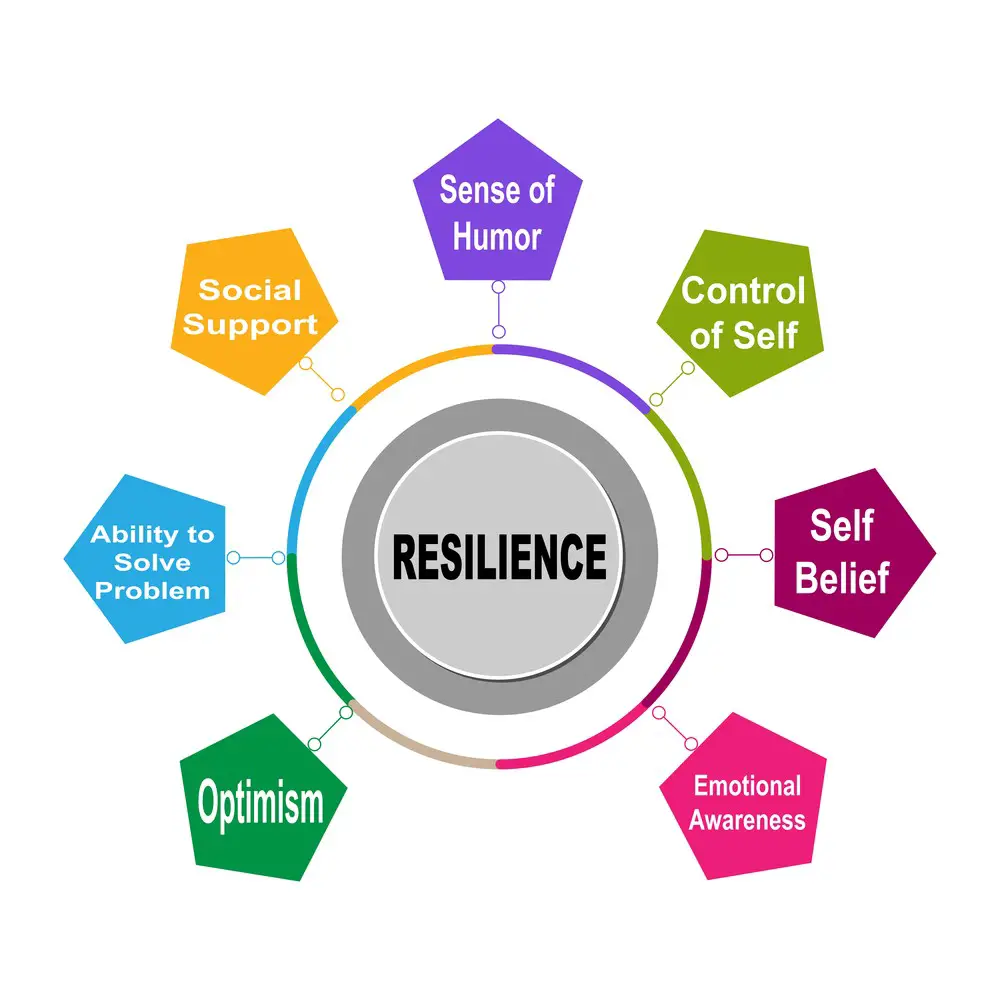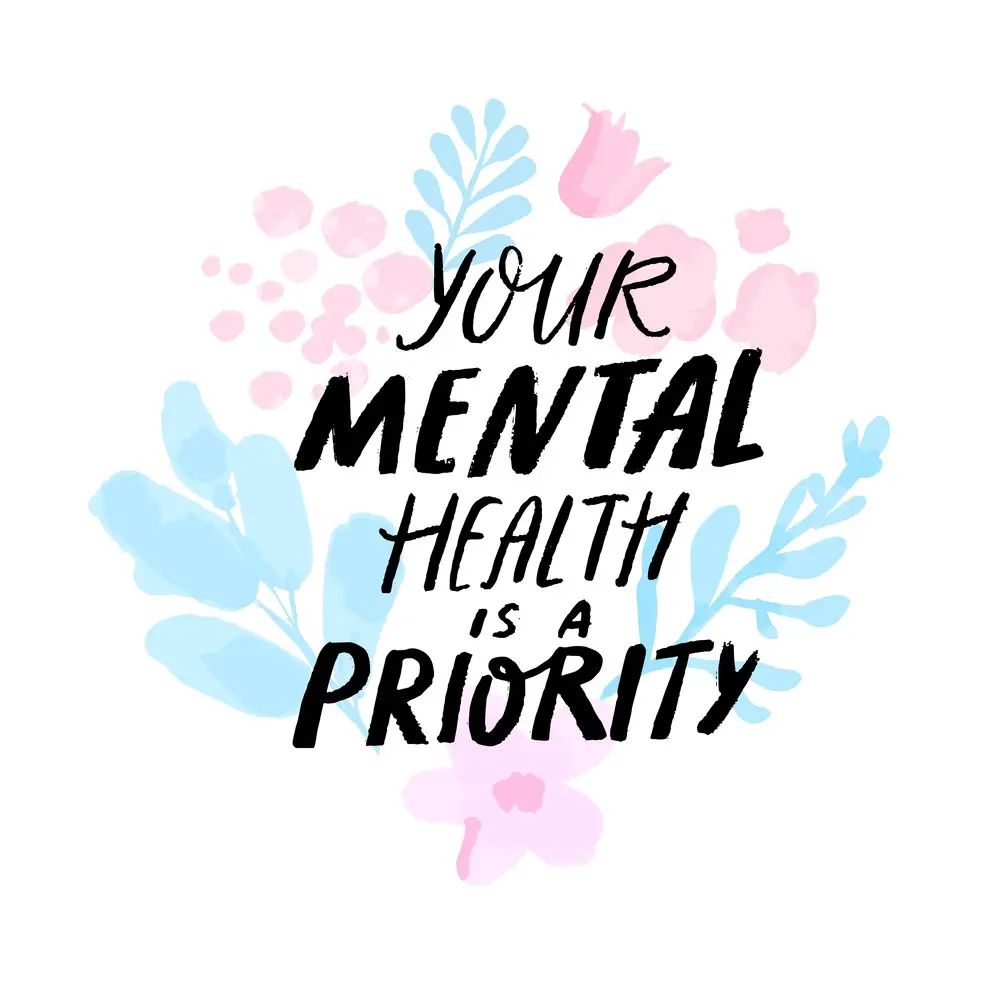As a BetterHelp affiliate, we receive compensation from BetterHelp if you purchase products or services through the links provided
To delve into the intricacies of evaluating the success of a therapeutic relationship, we’ve gathered insights from ten seasoned professionals, including psychotherapists and clinical psychologists. From empowering client independence and self-awareness to repairing ruptures for therapeutic growth, these experts share key factors that contribute to a successful therapeutic alliance.
- Empowering Client Independence and Self-Awareness
- Establishing Trust, Empathy, and Understanding
- Promoting Authenticity and Mutual Respect
- Returning Patients Indicate Therapeutic Success
- Collaborating Effectively Toward Progress
- Building Rapport to Strengthen an Alliance
- Fostering Honesty Through Psychological Safety
- Ensuring the Client’s Comfort and Safety
- Returning Clients May Not Indicate Success
- Repairing Ruptures for Therapeutic Growth

Empowering Client Independence and Self-Awareness
Relationships are successful in therapy when the client has learned to understand themselves and be empowered as an independent entity without the therapist. Therapeutic relationships facilitate the client’s ultimate independence quickly and permanently.
Clients should refrain from learning to depend on the therapist for redirection or praise. They should not lean on the relationship or internalize their therapist’s voice or perspective. Effective therapy teaches clients to recognize and act on their authentic intuition and unique self.
This requires therapists to teach clients to tell the difference between intuition and trauma, even though they often feel the same and come from the same part of the brain.
Effective therapeutic relationships must not only heal trauma but also replace the powerful force of trauma with the client’s unique values, perspective, and intuitive, creative process of self-development.
Joel Blackstock, Psychotherapist, Taproot Therapy Collective
 Establishing Trust, Empathy, and Understanding
Establishing Trust, Empathy, and Understanding
The success of a therapeutic relationship is trust, empathy, and knowledge. You can ask yourself questions: Do you feel heard, seen, and understood? Does the therapist have the knowledge to help you with your challenges? Sometimes, it takes time to trust your therapist if you need help to trust others. Therapy can be challenging because it requires vulnerability.
Monica Borschel, Clinical Psychologist, Divorce and Trauma Recovery
Promoting Authenticity and Mutual Respect
Authenticity is key to an effective and strong therapeutic alliance. Therapist authenticity promotes trust, openness, and genuineness in the client, which builds motivation for change. Mutual respect is also essential to an effective therapeutic relationship that promotes growth. It ensures a safe environment for collaboration and feedback.
Demet Çek, Clinical Psychologist, Therapy Changes
Returning Patients Indicate Therapeutic Success
The best way to evaluate a therapeutic relationship’s success is simple: Does the patient return the following week? There are different ways to strengthen the relationship between the therapist and the patient.
Establishing trust, empathy, openness, and genuineness is important while showing confidence in your abilities.
Firouz Ardalan, Clinical Psychologist, Galynker Family Center for Bipolar Disorder
Collaborating Effectively Toward Progress
Several important factors must be considered in evaluating a therapeutic relationship’s success. First, trust and rapport between the therapist and client play a fundamental role. If there is a sense of mutual respect, understanding, and a safe space for open communication, it’s a positive indicator.
A successful therapeutic relationship also involves effective collaboration, where both the therapist and client work together towards identified goals and progress.
Second, progress toward the client’s desired outcomes is crucial to success. This can be assessed by evaluating whether the client is experiencing positive changes, gaining new insights, and developing healthier coping mechanisms. It’s important to recognize that progress is unique to each individual, and the therapist should regularly check in with the client to ensure their goals are being addressed and reassessed if necessary.
Victoria Jackson, Psychotherapist, LifeStance Health, Inc
Building Rapport to Strengthen an Alliance
When considering the success of a relationship between a therapist and a client, rapport is the key factor contributing to this alliance. Without rapport, foundational tenets of trust, authenticity, and genuineness between the therapist and the client cannot occur.
As a mental health counselor, I strive to empathically confront my clients when there is a disconnect between their disclosures and behaviors. Yet, I also recognize the importance of validating their emotions.
When there is a strong therapeutic relationship, clients can feel that they are in a safe space to explore their deepest vulnerabilities and fears without judgment. The success of this working alliance can then be evaluated through the client’s ability to look inward, acknowledge their patterns, and heal.
After all, there is extensive research on the therapeutic relationship being one of the most integral factors in attaining one’s therapeutic goals!
Taylor Chodash, Mental Health Counselor and LP, South Shore Counseling
Fostering Honesty Through Psychological Safety
The success of the therapeutic relationship is evaluated by how comfortable the client is in letting go of perfectionism in favor of honesty. Often, clients want their therapist to like them or see them in the best light possible. However, the vulnerability necessary for lasting change is fostered when the whole, beautifully imperfect self is seen.
A key factor contributing to clients letting go of perfectionism in favor of honesty is the creation of psychological safety. When clients feel safe, it assists them in regulating and transitioning from a fight-or-flight state to a sense of calm and ease, where they can be honest without fear of judgment.
Katie Schloss, Psychotherapist, LifePath Therapy Associates
Ensuring the Client’s Comfort and Safety
The success of a therapeutic relationship depends on many factors. However, one key factor that contributes to the success of a therapeutic relationship is the client’s comfort and safety with the therapist.
If a client feels comfortable and safe with a therapist, and the therapist creates that space for the client, the client is more likely to share and be vulnerable. Expressing openly what one is thinking and feeling is necessary for the therapeutic process and working towards therapeutic goals.
If a client does not feel comfortable or safe to do so, the therapeutic process will be halted, and the therapeutic relationship will not be successful.
Jessica Rabon, Licensed Clinical Psychologist
Returning Clients May Not Indicate Success
This is something I think a lot about. The fact that someone keeps coming isn’t necessarily success – people keep seeing therapists they don’t feel connected to simply because it’s easier than finding someone new.
When clients trust the therapist and feel seen and understood, that’s how you know it’s working. Building a strong therapeutic alliance takes time, and it can be scary to let someone into your innermost thoughts and feelings. The client may wonder if the therapist is judging them, whether the therapist will remember the person or situation they are talking about, and whether it is worth the emotional expense of sharing something deeply personal.
The therapist’s work is to create an environment and a relationship where the client feels safe enough to go there. Disclosure is the highest form of trust and is essential for therapeutic success.
Alexandra Dickinson, Psychotherapist, Rose Hill Psychological Services
 Repairing Ruptures for Therapeutic Growth
Repairing Ruptures for Therapeutic Growth
Being able to work through ruptures in therapeutic relationships is probably the most important factor. If we trust each other enough to be authentic without an agenda, trauma will occur in the therapeutic relationship.
These highly effective moments give us the opportunity for repair, which, for many of our clients, is a novel experience. These moments are the keystones to growth, to something new that has not been experienced before.
Joanne Barron, Clinical Psychologist, Trauma and Beyond Psychological Center

The Therapist’s Treasure Map: Navigating the Nuances of a Fulfilling Alliance
Wow, what a ride through the minds of experts in the therapy field! They’ve shared their wisdom on evaluating a therapeutic relationship’s success. We’ve covered a lot, from the necessity of client independence to the subtleties of repairing relationship ruptures. Let’s distill their insights into some key takeaways:
- Client Autonomy: Empower clients to be unique and trust their intuition over trauma.
- Trust & Empathy: A good therapeutic relationship is built on trust and empathy. Clients should feel heard and understood.
- Authenticity & Respect: An environment that encourages mutual respect and openness sets the stage for a strong relationship.
- Progress and Goals: Success means working together to achieve the client’s goals.
- Psychological Safety: Create an environment where clients can drop the façade and be vulnerable without fear of judgment.
- Rapport Building: A strong relationship requires rapport. This rapport makes room for deeper, more productive conversations.
- Measuring Success: Returning clients is often a positive sign, but it’s not the only metric. The true sign of success is if the client feels safe and heard and is making progress.
- Therapeutic Ruptures: These are not necessarily a sign of failure but an opportunity for growth and deepening the therapeutic relationship.
Take a moment to reflect on these points. Whether you’re a therapist looking to improve your practice or a client seeking effective therapy, these pearls of wisdom can guide you to a more meaningful therapeutic journey. Cheers to making the most of this deeply personal and transformative relationship! ?
 Charting Stars: Setting Goals and Recognizing Progress in the Therapeutic Odyssey
Charting Stars: Setting Goals and Recognizing Progress in the Therapeutic Odyssey
While our experts have laid out a veritable smorgasbord of insights, setting goals and tracking progress are pivotal chapters in the therapeutic journey that deserve their spotlight. Whether on the therapist’s couch or in the therapist’s chair, setting achievable milestones and recognizing growth aren’t just options; they’re necessities. Let’s get into it:
Set S.M.A.R.T Goals
- Specific: Clearly defined goals leave no room for ambiguity.
- Measurable: How will you know you’ve reached your goal? Define indicators.
- Achievable: Set attainable goals to ensure a sense of accomplishment.
- Relevant: Ensure the goal aligns with the overarching therapy objectives.
- Time-bound: Put a timeframe on it for added accountability.
Progress Checks: The Mile Markers on Your Journey
- Regular Reviews: Make it a practice to assess goals periodically. Are you inching closer?
- Journaling: Encourage jotting down thoughts, feelings, and achievements to track changes over time.
- Quantifiable Measures: Use scales or surveys, if applicable, to objectively gauge progress.
Celebrate the Milestones, Big and Small
- Don’t overlook the ‘small’ wins. The journey is a series of steps, and each deserves a high-five.
Don’t Ignore Plateaus
- A plateau is not a failure. It’s a resting place to recalibrate and assess. Should goals be adjusted?
Feedback Loops are Goldmines
- Use feedback from both the therapist and the client to make adjustments. Is the current strategy effective, or does it need a revamp?
It’s a Two-Way Street
- Both the therapist and client should feel they are making progress. If one party feels stuck, it’s time to evaluate why.
So, grab your compass and start charting those stars. Setting well-defined goals and recognizing your progress will make your therapeutic journey purposeful and incredibly rewarding. ?
FAQs
What Makes a Therapeutic Relationship Successful?
Success here hinges on trust, client autonomy, rapport, and progress toward defined goals.
How Long Does it Take to Build a Successful Therapeutic Relationship?
Ah, the time factor! While some clients and therapists click immediately, others may take several sessions to build a strong alliance. There’s no one-size-fits-all answer.
What if I Don’t Feel a Connection with My Therapist?
A lack of connection could be a momentary hiccup or a sign that a different therapist may be a better fit. Either way, it’s worth discussing with your therapist to figure out the next steps.
How Do We Measure Progress in Therapy?
Through S.M.A.R.T goals, regular check-ins, and both qualitative and quantitative assessments. And yes, celebrating small wins counts!
Can a Therapeutic Relationship Have Ruptures?
Absolutely, and that’s not necessarily a bad thing. Ruptures can provide golden opportunities for growth and deeper understanding.
Is Returning to the Same Therapist a Good Indicator of Success?
It’s a common metric but not the only one. Success should also be measured by how well the client’s goals are being met and whether there’s a strong mutual sense of trust and understanding.
How Often Should Goals Be Revisited?
This varies, but it’s generally good to have a progress check every few sessions to see if the existing goals are still relevant and achievable.
What if I Achieve My Goals Early?
Hats off to you! Achieving goals early can be a great opportunity to either conclude therapy on a high note or set new goals for continued growth.
How Much Should I Share with My Therapist?
Your comfort is key, but effective therapy often involves vulnerability. The more you share, the more material there is to work with.
Can a Therapeutic Relationship Transition into a Friendship?
In general, it’s not advisable due to the need for professional boundaries. A therapeutic relationship requires a different kind of interaction than a friendship.
There you have it, some navigational aids for your therapeutic journey. Feel free to loop back to these FAQs whenever you hit crossroads or need a refresher.

Journeying Through Chaos: Meet Jacob Maslow, the Resilient Survivor Turned Mental Health Advocate” ??️
Hi there! ? I’m Jacob Maslow, a 9-11 survivor, and dedicated dad turned therapy veteran. ???? I’ve faced life’s highs and lows, from losing 1,000+ colleagues to being a stay-at-home dad while juggling work. ???
These days, I live in a poignant reality—two empty bedrooms in a home that once thrived with family love. ? I turned to BetterHelp to navigate this complex emotional landscape and can’t recommend them enough! ?️?
Recently, I’ve dealt with intense family challenges. My ex decided to cut me off completely from our kids, breaking my heart and numerous court orders. ??⚖️ It’s been a constant legal battle, and the emotional toll has been immense.
I’ve got my coping mechanisms. Long walks help me clear my head. ?♂️? Plus, I write articles about mental health and narcissism, aiming to be the lifeline I wish I had. ?? I’ve also got a legal site where I guide others facing court battles and uncooperative spouses. ⚖️?️
My ex may grow more narcissistic with age, but my resolve is unbreakable. ? I use Lexapro and BetterHelp to manage my mental health, and I firmly believe that if I can find a way through this, so can anyone else. ??
Here’s too resilient hearts and new beginnings! ?❤️
- 3 Ways Wearing a Hat Can Help Lower Your Stress Levels - April 19, 2025
- Breaking the Silence: Why Men’s Mental Health Matters More Than Ever - April 15, 2025
- How to Transform a Home’s Patio Space into a Relaxing Space - March 23, 2025
This site contains affiliate links to products. We will receive a commission for purchases made through these links.


 Establishing Trust, Empathy, and Understanding
Establishing Trust, Empathy, and Understanding Repairing Ruptures for Therapeutic Growth
Repairing Ruptures for Therapeutic Growth Charting Stars: Setting Goals and Recognizing Progress in the Therapeutic Odyssey
Charting Stars: Setting Goals and Recognizing Progress in the Therapeutic Odyssey
